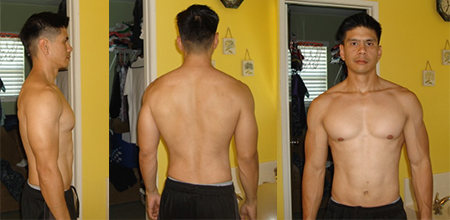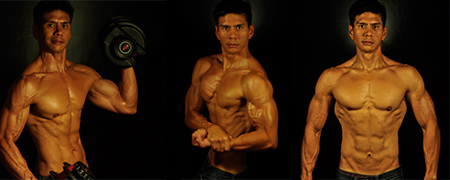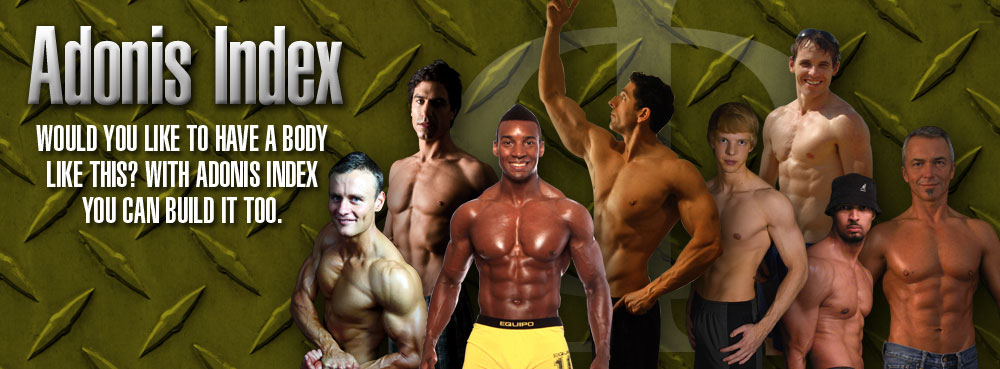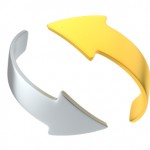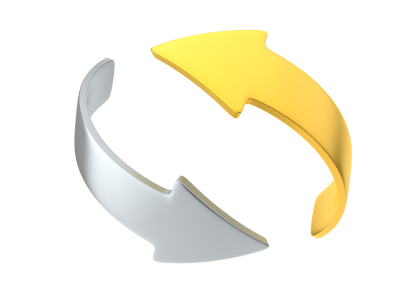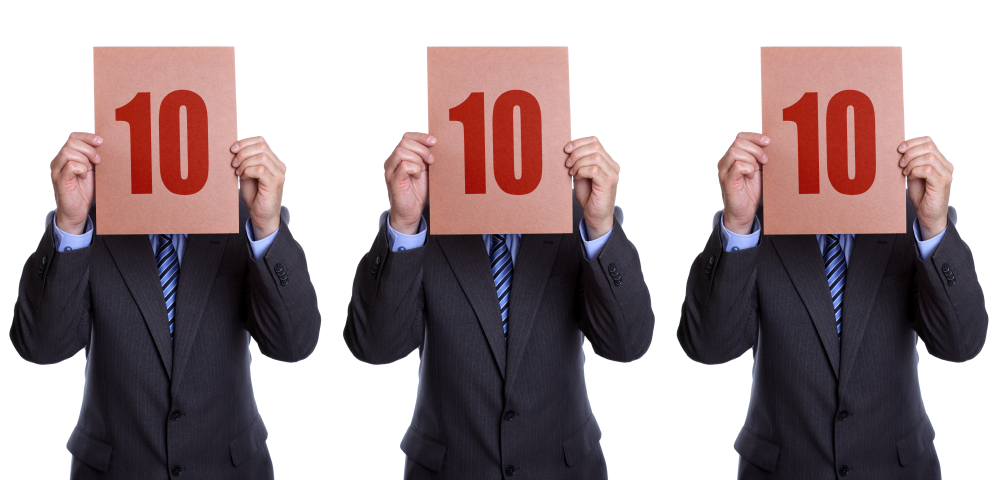Here’s your new interview with one of the winners from the 9th Adonis Index Transformation Contest.
Today John talks to Renne Ramirez who placed 2nd in our last 12-Week Transformation contest.
Check out his transformation pictures:
Renne’s Interview:
How old are you? I’m 33 yrs old.When did you first start working out? If it was before finding Adonis can you briefly explain the types of programs/workouts you did before finding Adonis?Other than the Physical Training aspects of the Navy’s program, in which I have over 13 years of service, I have tried a lot of late night infomercial workout systems. I went from program to program, but only got minimal results upon completion of the programs. I have tried Tae bo (11 years ago), Slim in 6 (9 yrs ago) , Power 90 (9yrs ago), P90X (5 yrs ago), Insanity (4 yrs ago), RIP 60 (mid 2011), and Six Pack Shortcut (late 2011).Did you follow any sort of diet programs before finding Adonis? If so what were they and how did they work for you?
Prior to Adonis, The only diet I tried to stick with is the zero willpower eating system which was included with six pack shortcuts (SPS). I stuck with this diet for about 4 months while doing SPS, but found it to be not sustainable since I got tired easily of eating 5-6 times daily. Even though I prepared my weekly meals ahead of time, I easily got tired of the schedule and the taste of food. The tupperware meals I prepared wasn’t really satisfying after heating it up in a microwave. I just forced myself to eat to get the results I wanted, and even though I gained muscle I looked bulky while doing the program, which wasn’t the look I always wanted.
I wanted to enter AT8 at first, but at that point I was still recovering from my Patella reconstructive surgery that happened a year prior. I didn’t think I would get the desired results to place since I cannot give my max effort on all the lifts that require my legs. Also, I did not want to re-injure myself. I did shadow the contest however, and found that I was able to get dramatic results even with light weights/resistance. When AT9 was announced I was more than ready to take the challenge.
- Stay Informed. Listen to the podcasts, subscribe to the AI news letters.
- Reverse Taper Diet (RTD) was followed from the “get go”. It’s possible to still lose BF% and inched even with moderate over consumption of daily calories.
- Have a close support group to assist you in the transformation process.
- An indicator of your transformation progress is the Adonis Effect, as you interact with others, they may want to know how you were able to possess your exceptional physique.
- If you have doubts about placing, entering the contest will motivate you to push harder towards your transformation. The results you get will always be priceless.

